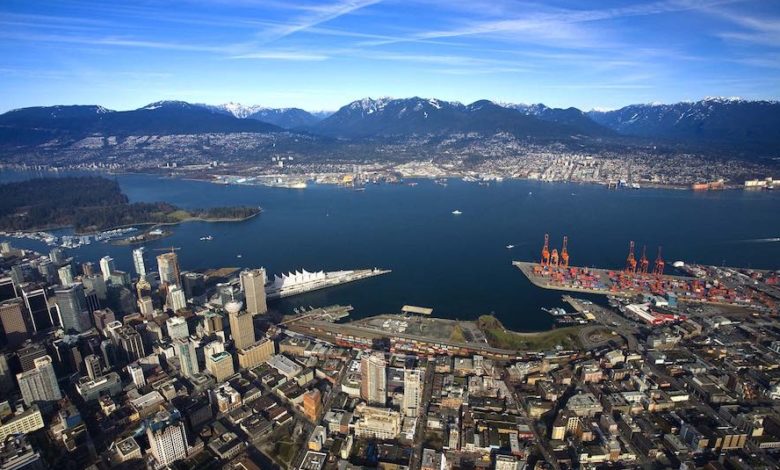Debate starts in Canada about legislating shipping emission targets

Canada is the latest nation to start holding a national discussion on whether to take shipping emission regulations into its own hands, rather than relying on the International Maritime Organization (IMO) to serve as the global shipping legislator.
Laurel Collins, who serves as the member of parliament for Victoria representing the New Democratic Party, is leading a campaign to get Ottawa to legislate on shipping emissions, risking a further splintering of shipping regulation with the European Union pressing ahead with its own carbon trading scheme for the sector and the US House of Representatives looking at following suit depending on which way the presidential election goes next Tuesday.
Collins is calling for Canada to put in place a formal framework for shipping emissions reductions, complete with specific targets and federal funding for carrying out monitoring and other related tasks.
“Canada should be taking a leadership role in this,” Collins said in an interview with the Toronto Star. “We need incentives and mandates for the shipping industry.”
Last week’s Intersessional Working Group on Reducing Greenhouse Gas Emissions from Ships at the International Maritime Organization (IMO) agreed to make an existing target legally binding: to reduce the carbon intensity of shipping by 40% compared with 2008 levels in the next 10 years.
The proposed amendments to the MARPOL convention would require ships to combine a technical and an operational approach to reduce their carbon intensity.
The draft text will now be forwarded to the Marine Environment Protection Committee (MEPC), scheduled for November 16 to 20, where parties are expected to adopt the recommendations from the working group.
A host of NGOs were less than impressed with the deliberations at IMO last week, suggesting the hybrid, compromise measures, known as J/5, agreed upon will not cap, let alone reduce, shipping emissions this decade.
“We urge all countries to reconsider their support for the J/5 decision ahead of MEPC75 this November 16 to 20, and reject it, unless it can be fundamentally strengthened,” said John Maggs, president of the Clean Shipping Coalition, which had observer status at the talks.
Faig Abbasov, shipping programme director at Transport & Environment, said: “Governments have ridden roughshod over the Paris Agreement by agreeing a measure that will see ship emissions grow for decades to come. The UN maritime agency again showed the world it can only deliver cosmetic changes. EU countries should work through the European Green Deal to fill the gap left by the IMO.”
Simon Bergulf, director of regulatory affairs at Maersk, also voiced his disappointment with the IMO’s latest green gathering via Twitter yesterday.

MAERSK executives saving the planet while invading every corner of the Earth with Asian plastics.